Panel
Tracking the Impact of Open Science: Are We Measuring What Matters?
Moderator
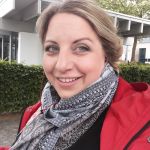
Ioanna Grypari
Tracking the Impact of Open Science: Are We Measuring What Matters?
This panel brings together experts to explore how we assess the real-world effects of Open Science. What metrics reflect meaningful change? How can we monitor progress without losing sight of equity and inclusivity? Join us for a dynamic session that will surface tensions, trade-offs, and fresh ideas on moving from compliance metrics toward meaningful evidence of Open Science’s value and impact.
This invited panel will be a forum to discuss the current landscape of Impact and Monitoring of Open Science, by bringing together global voices to discuss how impact is defined, which methods and indicators can capture it, and how perspectives differ across contexts, from global frameworks to national monitors and institutional practices.
Through a lively discussion, panelists will address key questions:
- What does “impact” mean in different contexts, and how should we balance economic, societal, and research outcomes?
- How can we monitor long-term effects while still providing timely evidence for decision-makers?
- What is the link between open practices and changes in research culture, and can this be measured meaningfully?
- How do perspectives from the Global South challenge and enrich current approaches to impact assessment?
- Are today’s indicators capturing what really matters, or do we need to rethink how we measure Open Science impact?
Join us for a dynamic session that will surface tensions, trade-offs, and fresh ideas on moving from compliance metrics toward meaningful evidence of Open Science’s value and impact.
Panelists
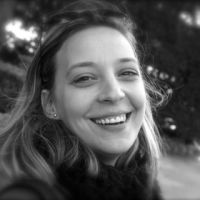
Ana Persic
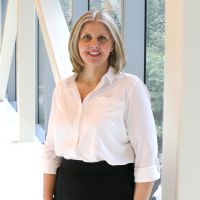
Kristi Holmes
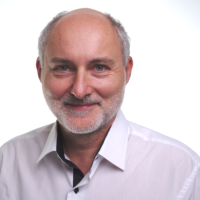
Roberto di Cosmo
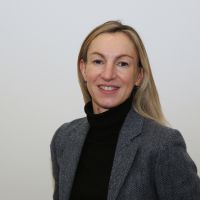
Susan Reilly
